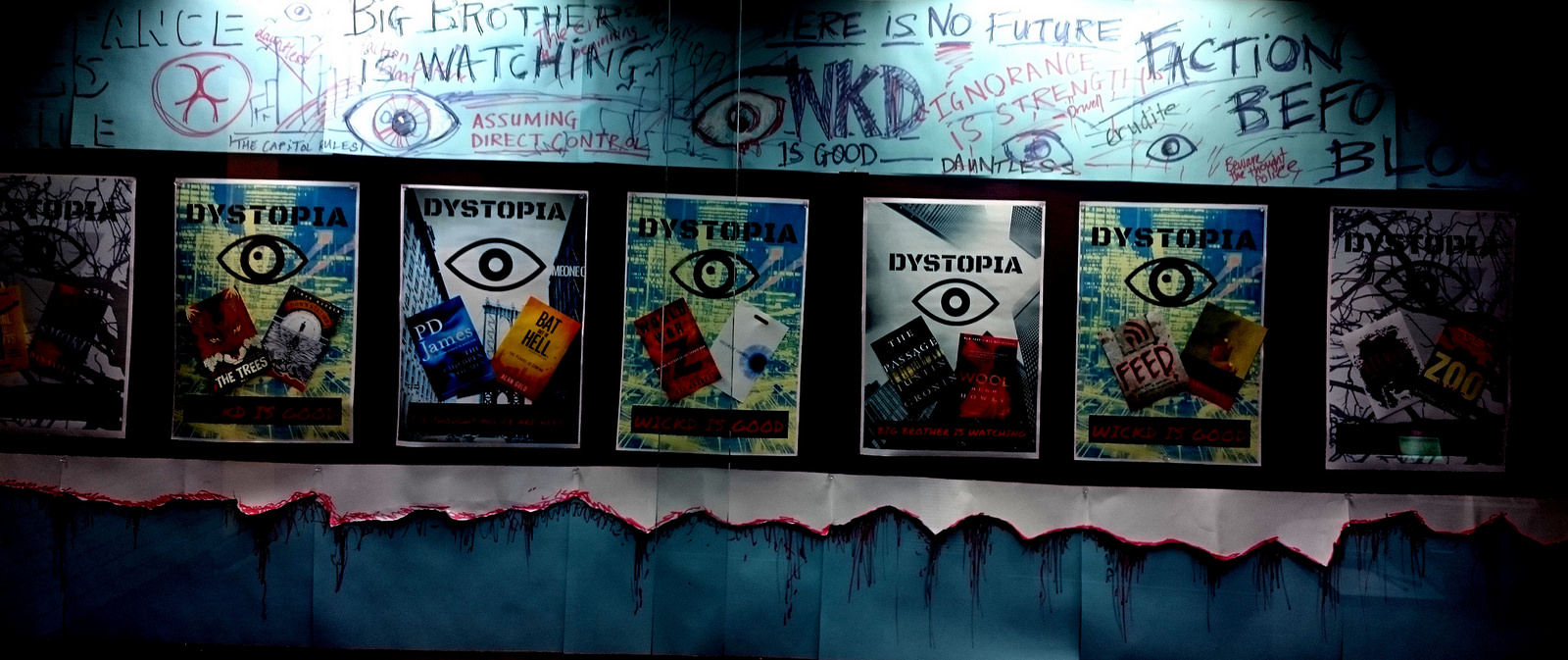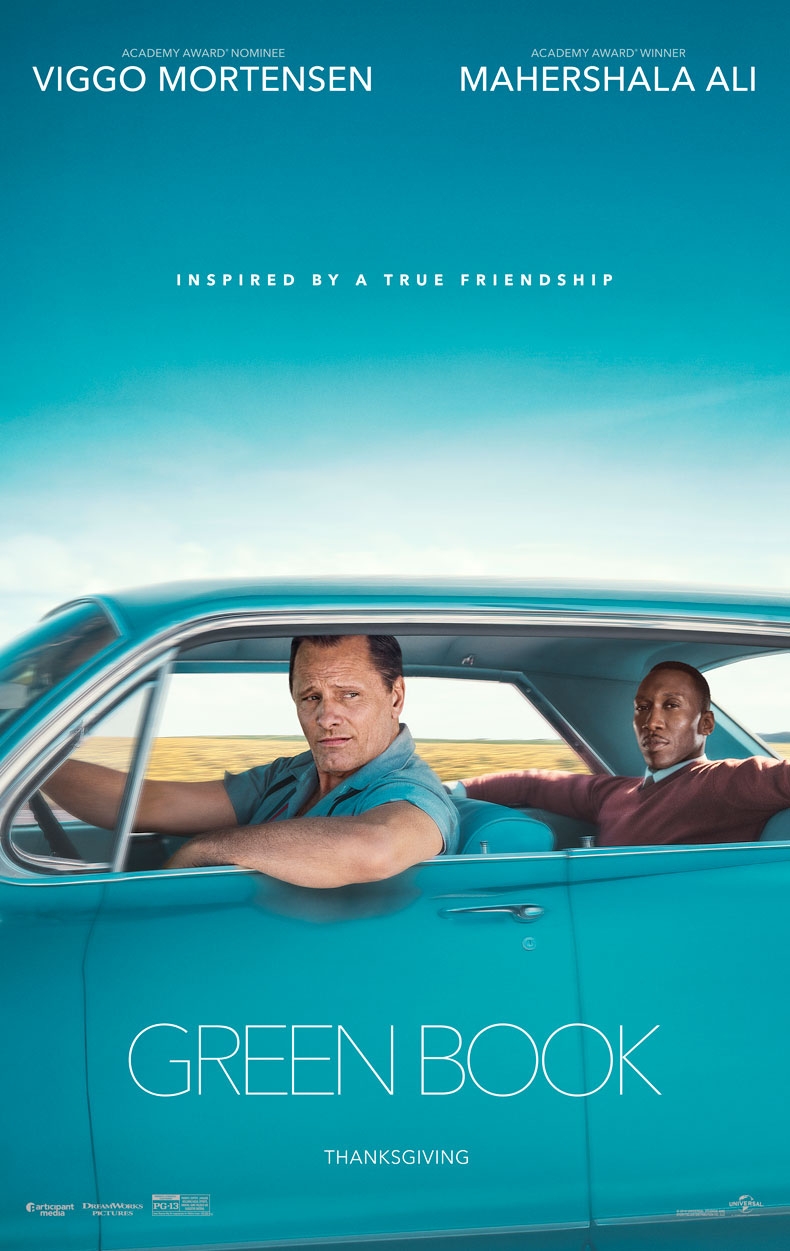Now that the US election is over and Barack Obama is passing the baton to a demagogue, we must regrettably begin to speak of his presidency in the past tense. And of course, it is only now that we can begin to discuss the influence his presidency had on American Film. Loving, released on the 4th of November of 2016, seems fairly apt in dissecting the inherent Obama essence, which influenced American films throughout the past eight years. The film is a biographical drama about the courtship and marriage of Mildred Jeter, a black woman, and Richard Loving, a white man. They are arrested and sentenced to prison in Virginia in 1958, because their interracial marriage violates the state’s anti-miscegenation laws. Exiled to Washington, D.C., they sue the state of Virginia in a series of proceedings leading to the Supreme Court’s unanimous decision in Loving v. Virginia, which holds that laws prohibiting interracial marriage are unconstitutional.
Aside from addressing racial inequality, an issue obviously imperative to the Obama presidency, the film draws the subtlest of parallels to the Supreme Court’s more recent decision on same-sex marriage. However, not every film released in the past eight years is particularly dewy eyed in it’s underlying depiction of the political environment it was born in to. The Obama presidency and its mix of social progressivism alongside militant violations of human rights, as seen in mass surveillance and the use of remote control drones in warfare, made it a haven for depictions of conflicts of ideals.
The most veracious Obama era films paint portraits of increasingly marginalized heroines and heroes fighting alongside amoral apparatuses of foreign policy. This is most notable in Kathryn Bigelow’s Zero Dark Thirty, in which the work of a dedicated female operative (Jessica Chastain) locates real-life super villain, Bin Laden. Scenes depicting “enhanced interrogation” (it’s torture) caused many critics to label it propaganda. Battles of patriotism and paranoia frequented the screen during Obama’s presidency, as seen in the last two Captain America films, The Winter Soldier and Civil War.
These are portrayals of unquestionable evil being fought by rather questionable good, were certainly a necessary step away from the squeaky clean depictions of wholly good vs. wholly bad we experienced in the Bush era. Arrival, which was released on October 10th of this year, fits into this category fairly succinctly. It depicts a world descending into conflict after Aliens arrive on our planet and only a leading linguist (Amy Adams) can ascertain what it is they want.
All the while, the military’s point of view that violence is a necessary evil that will ultimately save humanity is juxtaposed with the idealistic scientists who want to avoid violence entirely.
It’s easy to forget that Obama was always far too central on the political compass to be able to enact enormous amounts of change, especially when considering that it was only in the last few years of his second term that he began to address the divisive issues of police shootings, xenophobic rhetoric and institutionalized racism. And yet, his impact on culture was marked by a pervasive feeling of conflicted morals from the very beginning of his first term.
When The Dark Knight premiered in 2008, in a meeting with his advisors, Obama drew upon the film in order to simplify the War on Terror by comparing the Middle East to Gotham.“There’s a scene in the beginning in which the gang leaders of Gotham are meeting, these are men who had the city divided up. They were thugs, but there was a kind of order. Everyone had his turf. And then the Joker comes in and lights the whole city on fire. ISIL is the Joker. It has the capacity to set the whole region on fire. That’s why we have to fight it.”
Of course the part of the film where Batman puts all of Gotham under electronic surveillance to defeat the Joker is particularly telling of the marring moral idealism and reality. Upon reflection, the imprint Obama left in American film is a mixed bag, which, all in all is fair.
However, we are now left with the question, how will a Trump presidency affect American film? Well from my point of view, a political platform based on extreme intolerance enabling millions of people with racist, misogynistic and wholly bigoted views to come out of the woodworks they’ve been festering in for the past eight years may be a little hostile towards artists. But only time will tell.




